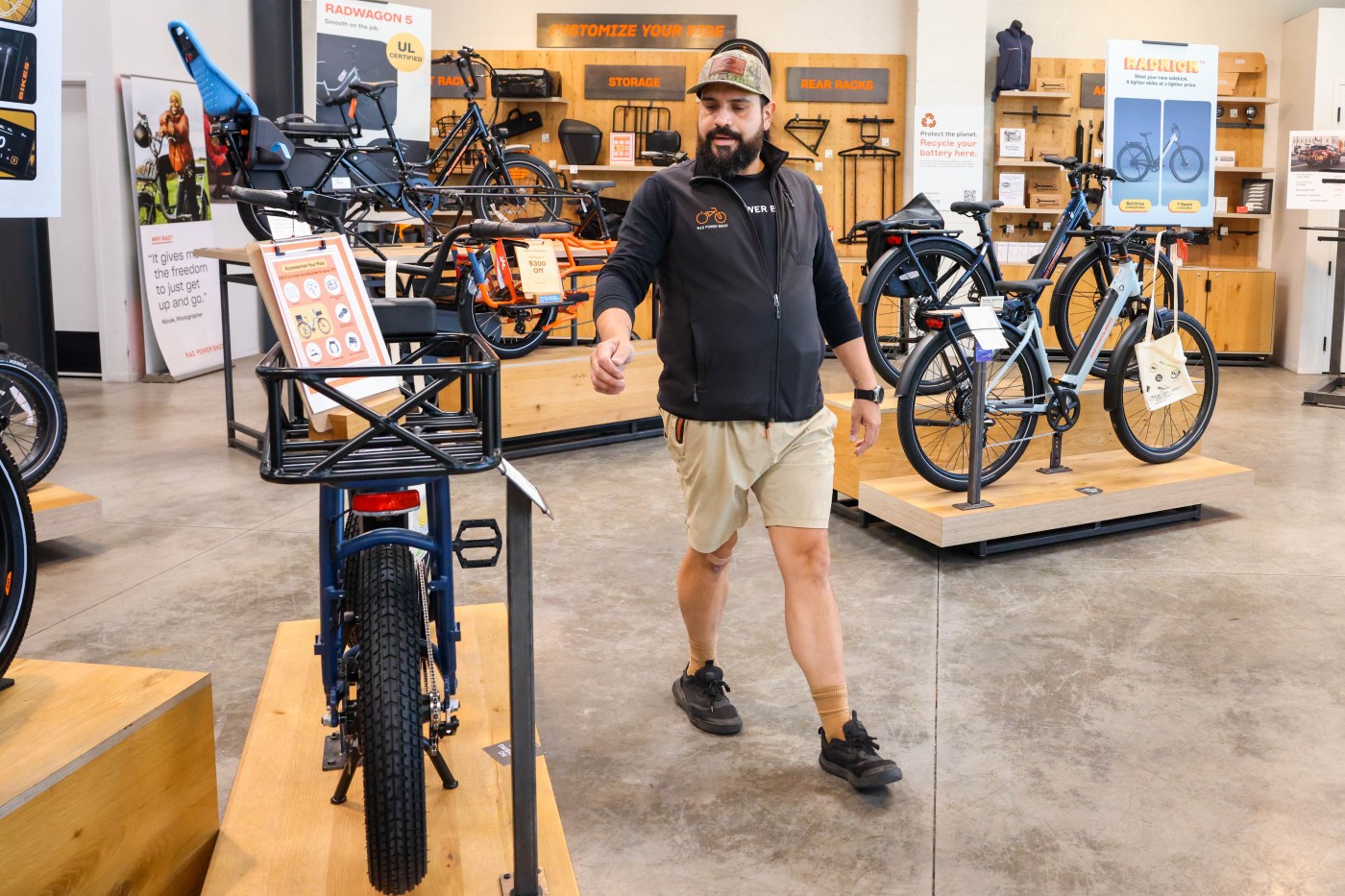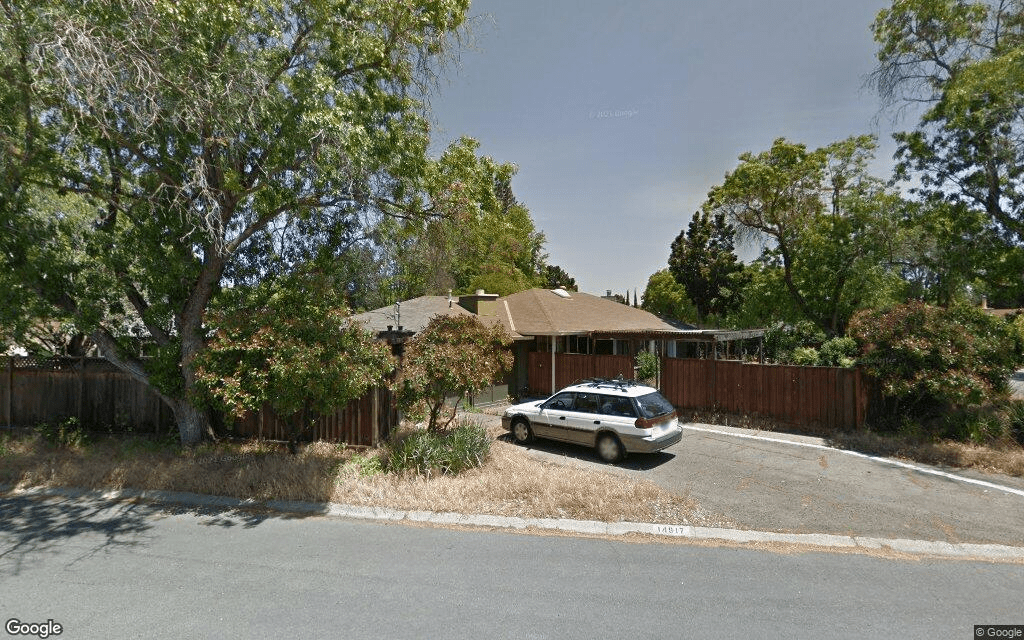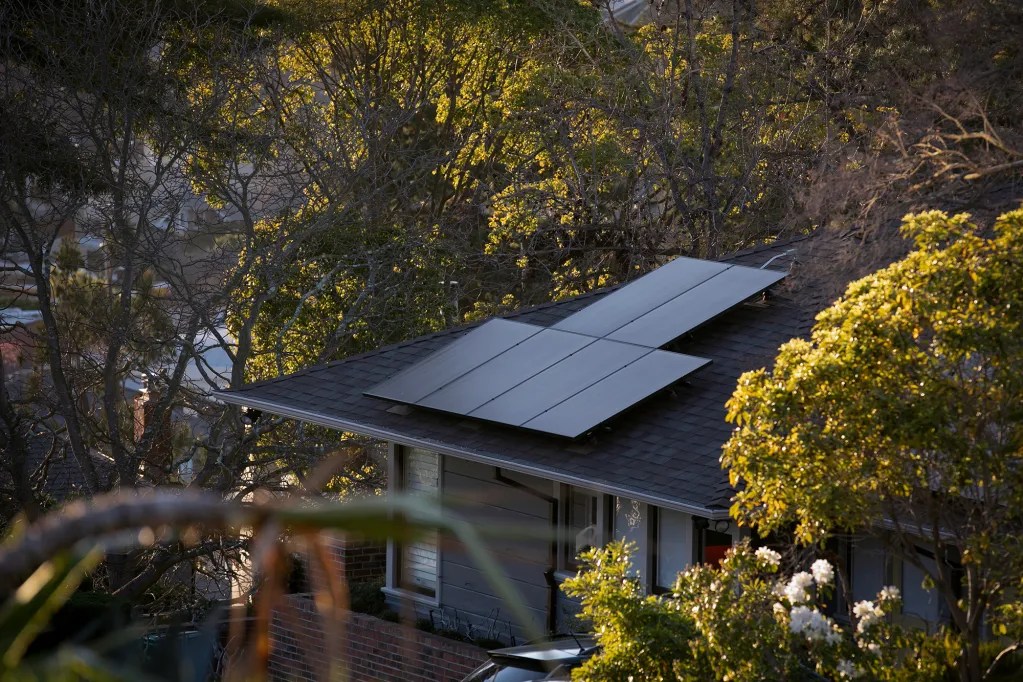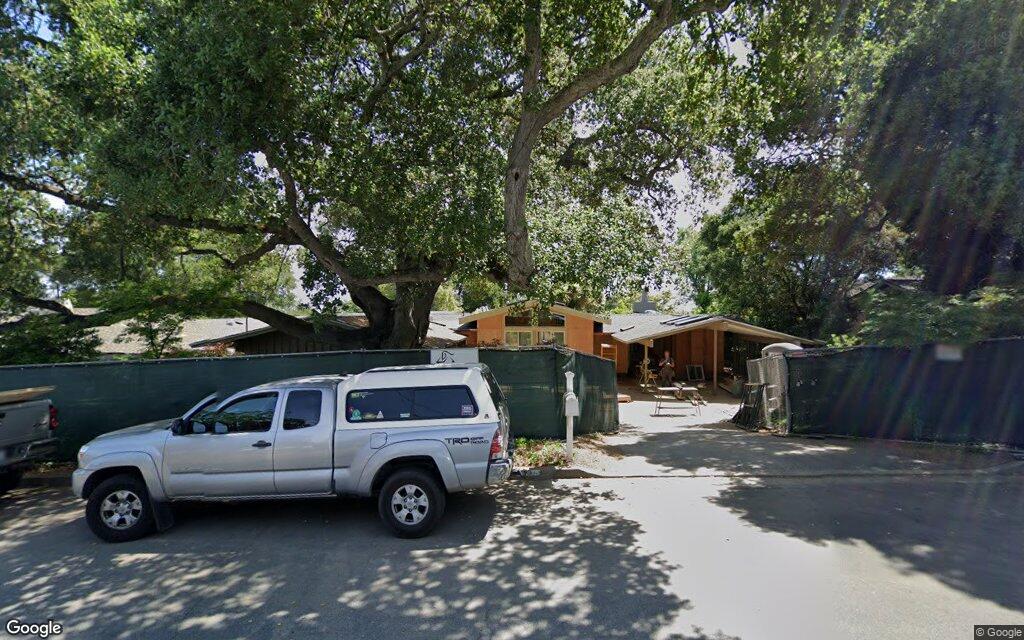A new $10 million voucher program connecting more than 9,000 Alameda County residents with electric bikes aims to infuse local shops with business and help reduce greenhouse gas emissions.
The Ava Bike Electric incentive program, with $6 million provided by the nonprofit energy provider Ava Community Energy and $4 million provided by the Alameda County Transportation Commission, plans to distribute about 600 vouchers to Alameda County residents every month through September 2026.
Related Articles
Richmond-San Rafael bridge bike path plan gets key support
Young teen on bike hospitalized in East Bay after collision with SUV
Letters: Voters can give El Cerrito the library it deserves
El Cerrito council backs divisive bike lane project despite parking concerns
Richmond-San Rafael Bridge revised bike path plan submitted
Rebate amounts vary depending on the type of bike someone wants and whether the recipient is eligible for an income-qualified rebate, which requires a person to be enrolled in one of three energy assistance programs for low-income earners – the California Alternate Rates for Energy, Family Electric Rate Assistance or Energy Assistance Program.
“Expanding affordable access to e-bikes directly advances the Commission’s goals to support a transportation system that is both sustainable and equitable and advances innovation,” said Tony Tavares, executive director of Alameda County Transportation Commission, in a press release announcing the program.
Income-qualified recipients can get a $1,000 voucher for a standard bike or a $1,500 voucher for either a cargo bike or an adaptive bike made to accommodate various physical needs. Another $250 safety equipment rebate will be provided to income-qualified recipients to help purchase helmets, lights and locks.
The base rebate for non-income-qualified recipients is $400 for a standard bike and $900 for a cargo or adaptive bike.
The vouchers are redeemable at one of 22 participating bike shops across Alameda County. As of Aug. 4, a total of 8,532 people had already applied for the program with about 1,000 vouchers distributed, of which 67 have been redeemed.
Speaking during a program launch event at Rad Power Bikes, a participating bike shop in Berkeley, Ava Community Energy CEO Howard Chang said the program has been years in the making.
“Now we’re seeing the fruits of our labor,” Chang said. “It’s really exciting to see this program off to a great start, and to see that level of interest.”
The voucher program comes during a time when the Trump administration is pivoting away from renewable energy sources like wind, solar and electric power, rolling back bedrock findings on the harm of greenhouse gas emissions that enabled clean air regulations, and pursuing tariffs that have created uncertainty for a variety of industries.
Chang recognized what he called “major headwinds on the horizon” for companies in the clean energy space but said the industry is used to the ups and downs or “solar-coaster.”
Chang said he ultimately remains optimistic, though, that green energy solutions will play a vital role in reducing greenhouse gas emissions that have led to more frequent and intense natural disasters, managing the growing energy load being added by new data centers and cutting energy costs for consumers.
“On the one hand, it’s daunting and there’s some uncertainties. On the other hand, the need is so evident,” Chang said.
Justin Hu-Nguyen, co-executive director of mobility justice at the nonprofit Bike East Bay, said the work around improving bike infrastructure has long been a challenge regardless of who’s in the White House. Cities, including in Alameda County, have largely been built around the use of cars for decades and it’s a legacy still being grappled with, he said.
But federal grants have been instrumental in helping reverse course, especially in smaller communities with less means to pay for major bike and pedestrian infrastructure improvements. The anti-green-energy stance of the Trump administration could make accessing that funding harder, he said.
Also creating issues is the Trump administration’s commitment to mass deportations, which Hu-Nguyen said has made it more challenging to connect with low-income-earning immigrants who’d likely benefit from voucher programs but fear drawing attention to themselves.
“We want to build thriving communities that are safe and inclusive,” Hu-Nguyen said. “It makes the work harder.”
Manny Ruiz, general manager of Rad Power Bikes, said the program is a welcomed lifeline for struggling local businesses. As more people have returned to the office following the height of the COVID-19 pandemic, foot traffic to bike shops has slowed, Ruiz said.
Threats of tariffs have also been a concern, he said. E-bikes already go for upwards of $1,500 and with many components of the bikes sourced from China, tariffs on goods from those countries could push rates even higher.
Eager to keep prices down, Ruiz said the company already stocks limited colors and one-size universal bikes, but they’ve also begun sourcing from manufacturers in other countries not yet targeted by President Donald Trump’s tariff pursuits.
“As a local business, we’re excited because it’s a revenue driver but it also aligns with our mission,” Ruiz said. “A program like this checks off everything on our priority list.”
While e-bikes are more expensive than most non-electric bikes, purchasing one is still much cheaper than buying a new car, which comes with annual maintenance and operation costs, Hu-Nguyen and Chang argued.
An e-bike could also be an alternative for a family considering purchasing a second car, Chang said. Both Chang and Hu-Nguyen noted most car trips are to places within 2 miles of a person’s home.
Cycling can also improve a person’s health and connectivity to their community, in turn boosting revenue for other small businesses, Hu-Nguyen said.
But to see steady positive changes in communities, Hu-Nguyen said there needs to be an ongoing commitment to funding these types of subsidies.
“We want to see sustainable and long-term commitments to these programs to see these changes happen,” Hu-Nguyen said. “People can’t depend on programs if they’re only here for a year or two.”
Visit avaenergy.org/bike-electric to learn more about applying for the Ava Bike Electric program.





